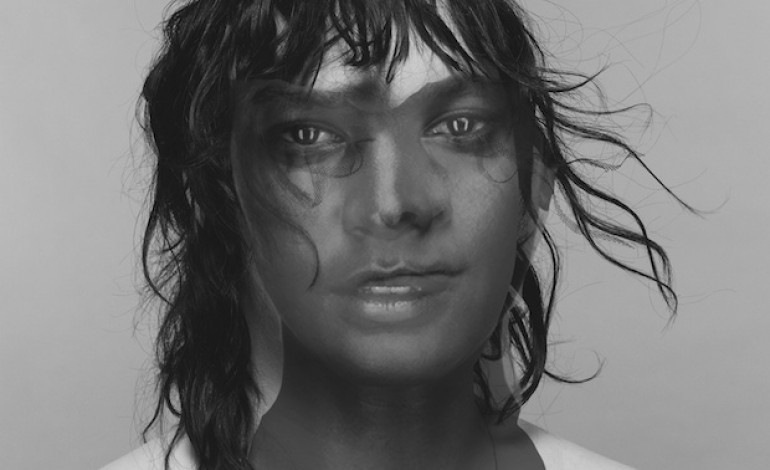The Weeknd, Sam Smith, and Lady Gaga: a black man, a gay man, and a woman. At face value, the performers scheduled to take the stage at the Academy Awards on Sunday night is a wonderful counterpoint to the ceremony’s much-publicized straight, white, maleness. But dig deeper and things aren’t quite so cozy. We’re talking about transgender performer ANOHNI, formerly of Antony and the Johnsons, who received a coveted Oscar nod for the song “Manta Ray” from the documentary Racing Extinction. Until recently, ANOHNI was expected to perform alongside Tesfaye, Smith, and Gaga. But she soon learned (from reading the internet, no less) that this would not be the case.
In a heart-wrenching essay, ANOHNI has eloquently explained her decision to boycott the most important night on Hollywood’s calendar. While she rightly has personal beef with organizers for cutting her from the performer lineup, she stresses that the issue goes wider than that, being yet another manifestation of the industry’s treatment of celebrities as “the trophies of billionaire corporations” and its faux flag-waving for identity politics.
ANOHNI begins her essay by thanking the artists who nominated her for the award, and giving a nod to songwriter nominee Angela Morley for being the first trans Oscar nominee in the 70s. “I was in Asia when I found out the news,” she remembers. “I rushed home to prepare something, in case the music nominees would be asked to perform. Everyone was calling with excited congratulations.” But the tone of ANOHNI-themed headlines on news sites soon turned from congratulatory to sympathetic, as drip-fed lineup announcements suggested she was deemed cut from the schedule. She was supposed to fly to L.A. for pre-ceremony events, but was too overwhelmed by anger and embarrassment. “There I was, feeling a sting of shame that reminded me of America’s earliest affirmations of my inadequacy as a transperson. I turned around at the airport and went back home.”
ANOHNI doesn’t think she was cut as a direct consequence of her being transgender, but rather because she is relatively unknown in the U.S. and not lucrative for advertisers. “But,” she says, “if you trace the trail of breadcrumbs, the deeper truth of it is impossible to ignore. Like global warming, it is not one isolated event, but a series of events that occur over years to create a system that has sought to undermine me, at first as a feminine child, and later as an androgynous transwoman. It is a system of social oppression and diminished opportunities for transpeople that has been employed by capitalism in the U.S. to crush our dreams and our collective spirit.”
She finishes by firing shots at government greed and exploitation. “In the United States it is all about money: those who have it and those who don’t,” she says. “Identity politics are often used as a smokescreen to distract us from this viral culture of wealth extraction. When we are not extracting wealth from nature, we are extracting it from the working and middle classes.”
The entertainment industry’s exclusivity problems are multi-pronged and much documented. On the eve of a weekend that should feel exciting, ANOHNI’s powerful revelation makes it less certain what we’re really cheering for. Is it creativity and cultural capital? Or is it financial corruption and the status quo? The only thing that shouldn’t be called into question is whether her essay is well worth a read.
Credits
Text Hannah Ongley
Image via YouTube
